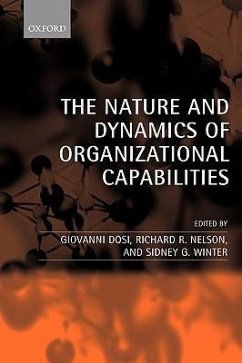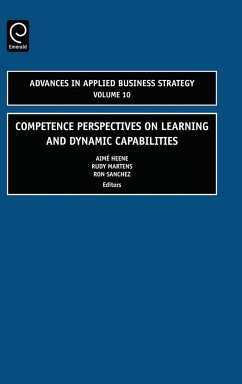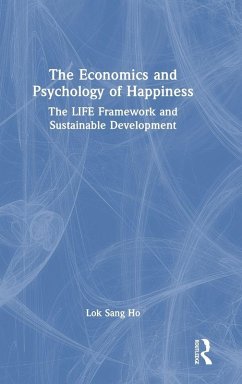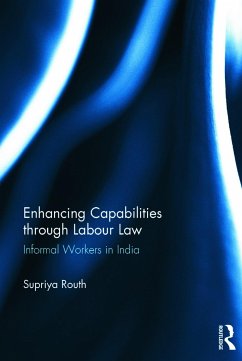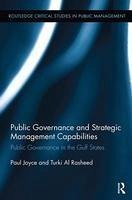
Capabilities and Happiness
Versandkostenfrei!
Versandfertig in 1-2 Wochen
164,99 €
inkl. MwSt.

PAYBACK Punkte
82 °P sammeln!
Approaches to well-being have been hotly debated across the social sciences, with most challenging the conventional economic approach which uses income as a key indicator of happiness. This volume compares and contrasts two such approaches, the Capability and Happiness Approach, via a series of interdisciplinary papers from top names in the field.



